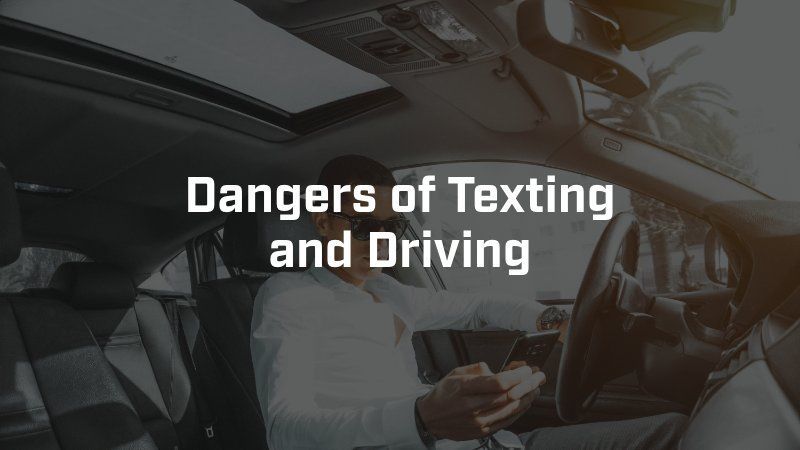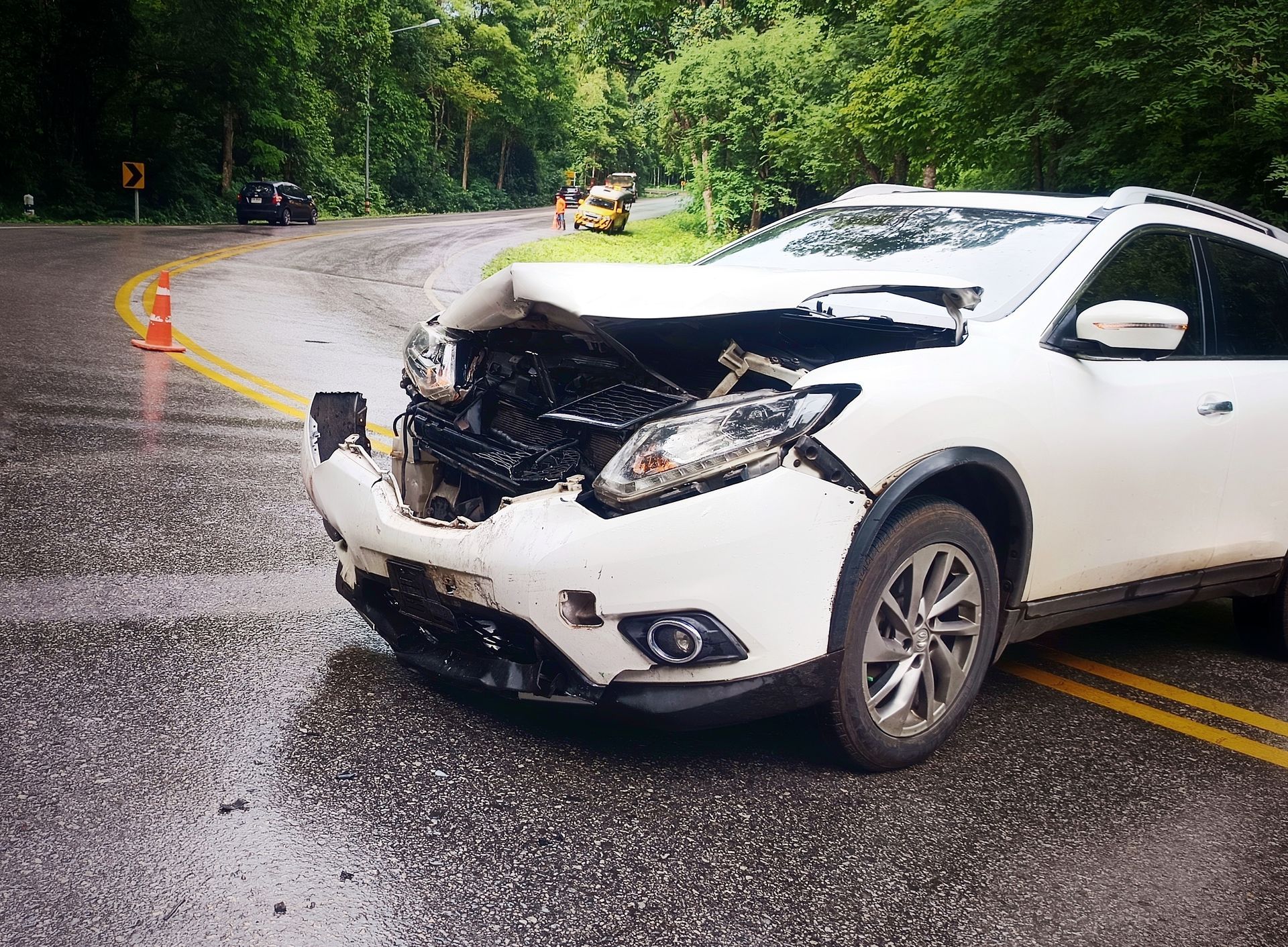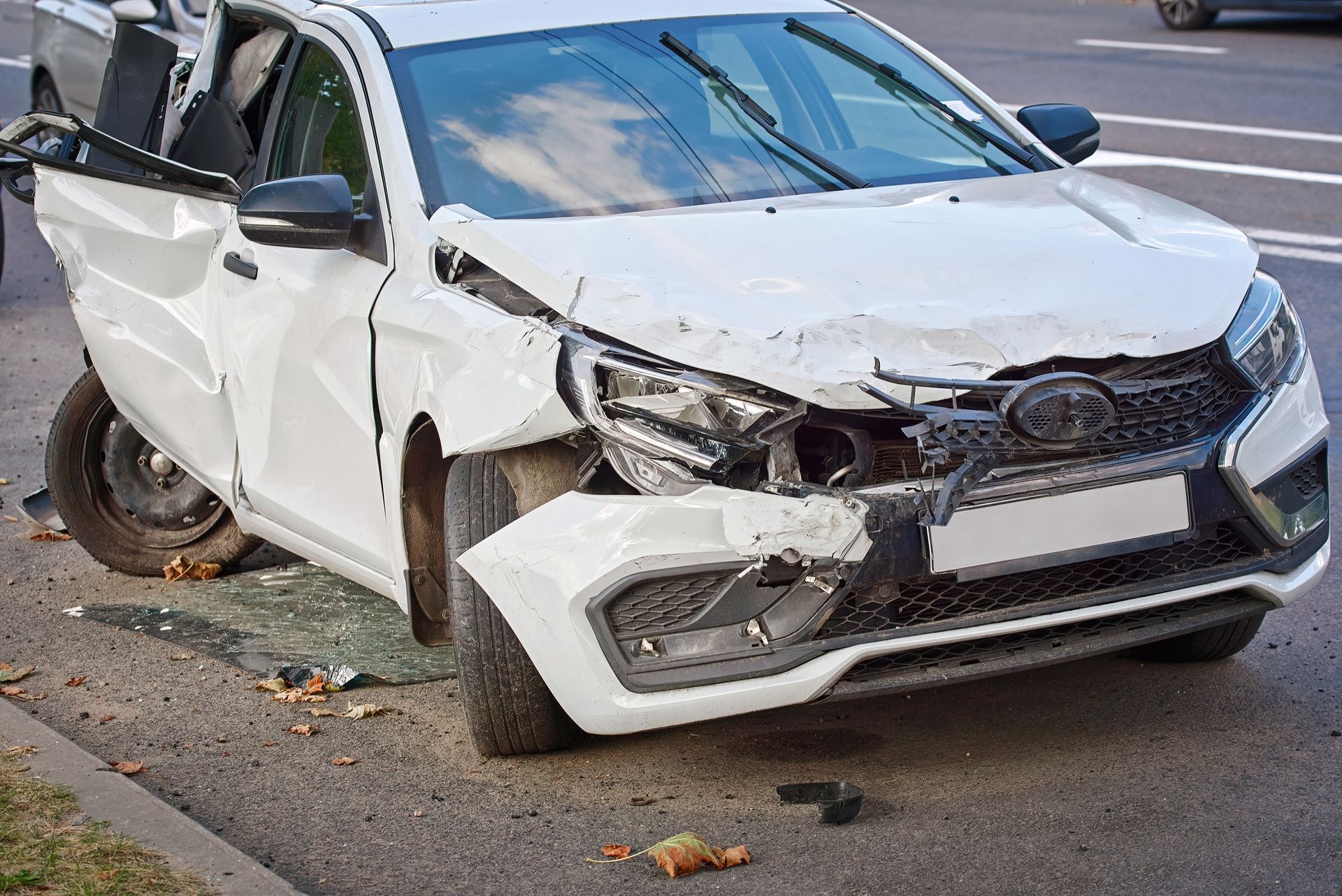Sargon Law Blog
Recent Blog Posts
Dangers of Texting and Driving
Operating a vehicle while distracted is incredibly dangerous, but distracted driving has remained a leading cause of traffic accidents year after year in Arizona. Regardless of a driver's age (younger drivers are more likely to be involved in distracted driving incidents), understanding the dangers of texting and driving behind the wheel is crucial. Safety on Arizona roadways depends on each and every driver paying attention to the roadway in front of them.

Distracted Driving is Like Roulette €“ You're Taking a Chance
We don't necessarily want to sound alarmist about distracted driving, but the reality is that this is one of the riskiest roadway behaviors. Information available from the Centers for Disease Control and Prevention (CDC) shows that approximately 3000 individuals die each year as a result of distracted driving incidents. During a recent reporting year, nearly half a million people sustained injuries caused by distracted driving.
The CDC said that there are three main types of distractions, including visual distractions that take your eyes off the road, manual distractions that take your hand off the wheel, and cognitive distractions that take your mind off of driving. Sometimes (likely most of the time) a distracted driver experiences more than one of these at the same time.
Estimates indicate that, at 55 mph, sending or reading a text message is equivalent to driving the length of a football field with your eyes closed. This applies to any type of behavior that takes your mind off of driving, eyes off the road, and hands off the wheel. Experienced Phoenix car accident attorneys have seen cases in which individuals take chances, thinking, "I'll only look away for a few seconds," but that few seconds is enough time for various types of roadway hazards to cause a serious accident.
Distracted Driving in Arizona
Data presented by the Arizona Department of Transportation shows that several types of distractions regularly lead to injuries or property damage. During the most recent reporting year, the main codes related to distracted driving that showed up on incident reports include:
- Talking on a handheld or hands-free device
- Distractions caused by passengers
- Typing or some other type of activity with an electronic device
- Other types of distractions (including eating, drinking, etc.)
- Distractions from outside of the vehicles (rubbernecking)
In an effort to curb the incidence of distracted driving on roadways in the state, Arizona has passed a hands-free law, ARS 28-914, which includes the following parameters:
- Holding devices while driving is not allowed. You can't hold or support with your body a phone or similar device while driving, unless the car is parked or stopped legally. However, you can use these devices with an earpiece, headphones, or a wrist-worn device for voice communication.
- Texting and driving prohibition. Writing, sending, or reading any text-based messages (like texts, emails, or internet data) on your phone or any electronic device while driving is not allowed. But, you can use voice commands to send or read messages.
- Hands-free use is okay. The law doesn't prohibit using devices that allow hands-free communication without holding the device, like using a vehicle's built-in system.
- Exceptions to the rule. Emergency and law enforcement personnel, licensed radio operators, and operators using two-way or private land mobile radios for work-related duties are exempt from this rule. Also, using a device to report illegal activities or emergencies, or devices affixed to the vehicle for work purposes, is allowed.
- Penalties for violation. From January 1, 2021, fines for breaking this law will start at $75 and go up to $149 for the first offense and $150 to $250 for subsequent offenses.
- Notification signs. Signs will be posted at state entry points to inform drivers about this law and the penalties.
- Law enforcement rules. Police officers can't take or inspect your device unless they are legally allowed to. Before January 1, 2021, they could only issue warnings, not citations.
- Impact on driver's license. Violating this law doesn't affect the suspension or revocation of a driver's license.





